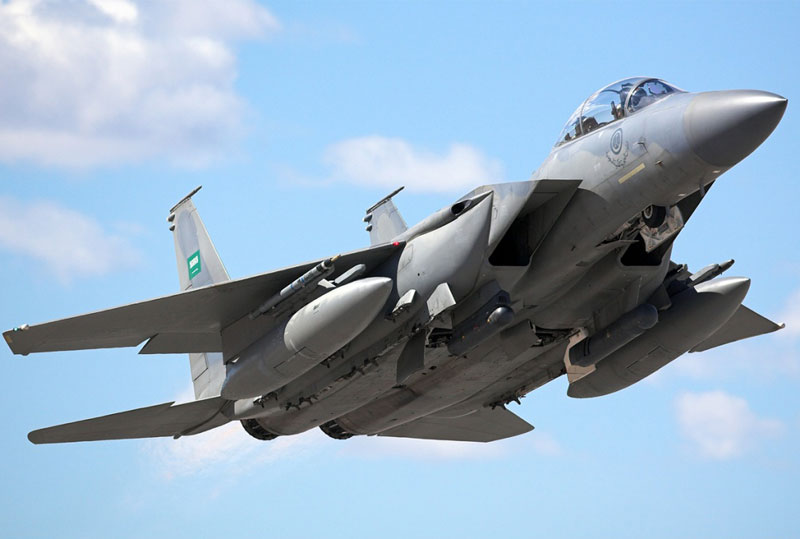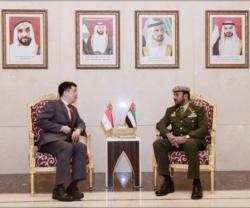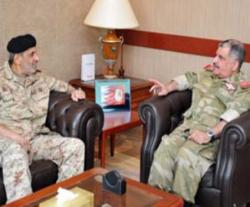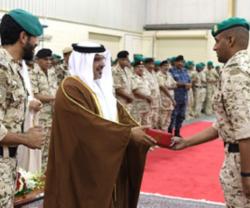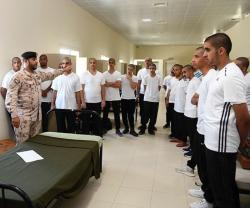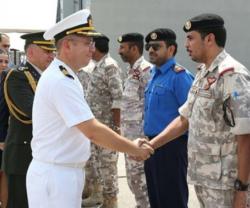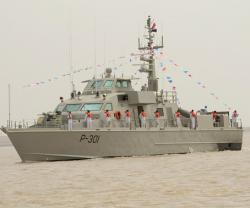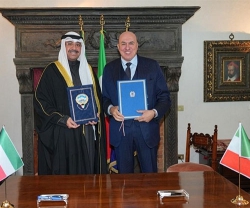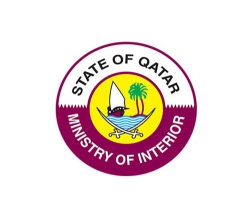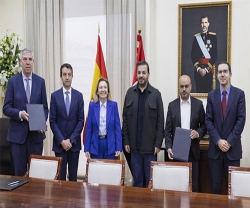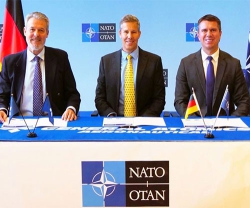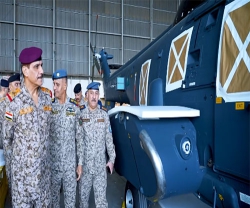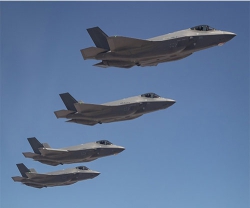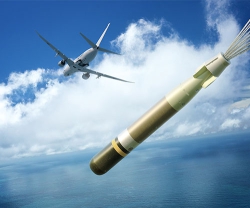U.S. Special Operations Command (USSOCOM) Forces will also have an increased presence in the region as they ramp up efforts to train GCC troops in counter-terrorism tactics, according to the multinational agreement.
Leaders of the GCC nations - Bahrain, Kuwait, Oman, Qatar, Saudi Arabia and the United Arab Emirates (UAE) - met at Camp David with President Barack Obama, Secretary of Defense Ash Carter and other national security officials for two days to discuss their alliance on 13-14 May.
The leaders discussed “a new U.S.-GCC strategic partnership to enhance their work to improve security cooperation, especially on fast-tracking arms transfers, as well as on counter-terrorism, maritime security, cybersecurity and ballistic missile defense,” according to the White House.
President Obama plans to dispatch a “senior team” to the region in coming weeks to hash out a plan for making U.S. arms more readily available.
“The United States and the GCC will work together to set up a dedicated Foreign Military Sales procurement office to process GCC-wide sales, streamlining third-party transfers, and exploring ways the United States could accelerate the acquisition and fielding of key capabilities,” according to a statement from the White House.
No specific foreign military sales have been announced. The process usually requires a request from an allied nation for a specific weapon covered by the International Traffic in Arms Regulations (ITAR) and approval by the State Department. Even then the sale is only potential and the requesting nation must negotiate a deal with the manufacturer of the weapons it wishes to buy.
Obama did commit to aiding GCC nations in establishing a region-wide ballistic missile defense, including an early warning system. Specifically, the U.S. officials will facilitate a study of the GCC’s current missile defense capabilities and offer advice and technical assistance on how to improve it.
A new training exercise was agreed upon that will emphasize “interoperability against asymmetric threats” to include cyber-attacks. USSOCOM forces will step up their presence in the region as a means to “increase the frequency” of USSOCOM “counter-terrorism cooperation and training.”
GCC nations are surrounded by roiling conflict, including the four-year-old Syrian civil war, violent extremism rearing its head in Yemen - which led the Saudis to launch airstrikes in that country - and Islamic State (ISIS) militants cutting a bloody swathe through Iraq and Syria.
Source: Defense Daily Network; Photo: Royal Saudi Air Force F-15 Eagle

